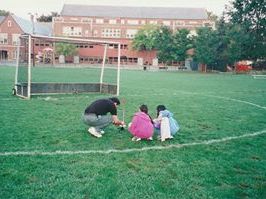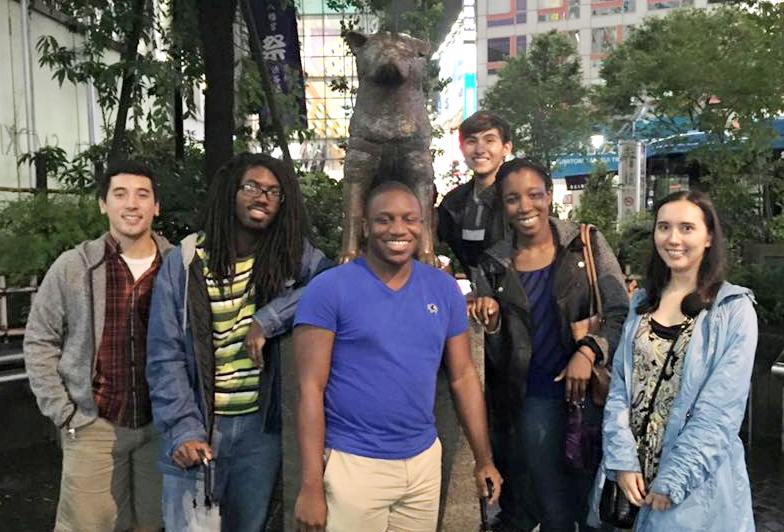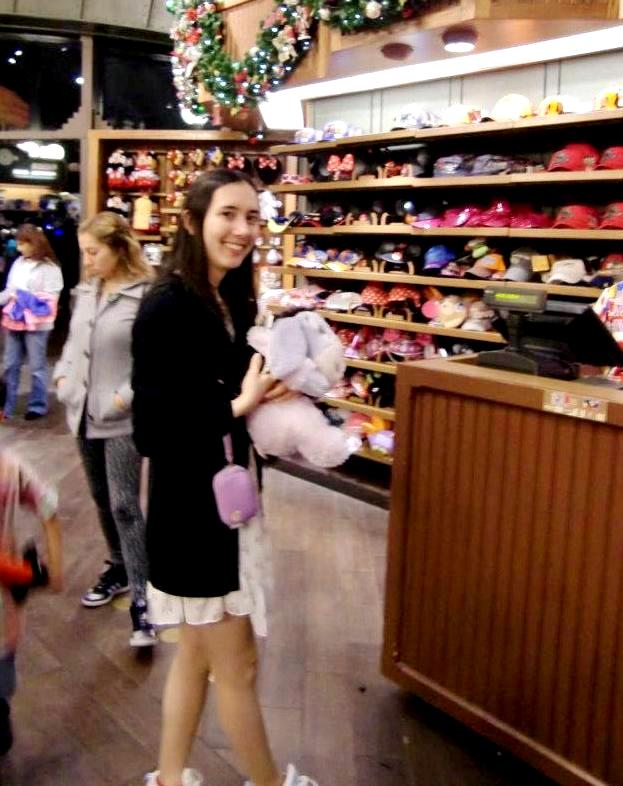


Why I Chose IDAC
“I’ve always wanted to meet Dr. Kawashima,
who inspired me to continue my research and studies.”
Kay Ogashira Kulason
Fullbright Fellow, Dept. of Functional Brain Imaging
“I’ve always wanted to meet Dr. Kawashima,
who inspired me to continue my research and studies.”
Kay Ogashira Kulason
Fullbright Fellow, Dept. of Functional Brain Imaging
Ever since I was a young child, my father encouraged an interest in science. We spent many weekends launching rockets, building remote-control cars, and playing with science kits. My favorite bedtime story was “The Big Bang Theory,” in which my father would explain how the universe began as a single point that expanded, and how the planets and our solar system was created.
While at Smith College, I planned to continue my education in medical school. However, many professors recommended that I take a year in between college and the rest of my education to experience the world. Because my mother is Japanese, I had always held an interest in learning more about Japan. As a young middle school student, I began watching Japanese dramas, anime, and reading manga. Through this minimal exposure, my curiosity to learn more about Japan’s unique culture and lifestyle grew.
At Smith, I took 2 years of Japanese where we focused on different social issues Japan is currently facing, and on Japan-U.S. relations. I had never stayed in Japan for more than a month during summer vacation, which hardly allowed me to learn about either Japan, or its many traditions. It dawned upon me that I wanted to try living in Japan, and that I could do so during my gap year.
I began to search for a way that I could travel and live in Japan for a year, and I found the Fulbright Fellowship. The Fulbright Grant was created after World War II by Senator J. William Fulbright in an effort to promote world peace. The particular grant that I received is a research grant for students who have recently finished their undergraduate education. As a Fulbright Fellow, while doing research, I am encouraged to experience Japan and create bridges between our cultures.
When I decided to apply for the Fulbright Fellowship, I had been working on my senior thesis titled, “The role of the blood-brain barrier in postoperative cognitive decline”. I had been reading papers on cognitive dysfunction and stumbled across Dr. Kawashima’s studies on Learning Therapy. It occurred to me that this Learning Therapy could be applied to postoperative cognitive decline, and designed a potential study.
Knowing that my chances were very slim, I cold-emailed Dr. Kawashima after asking my advisor Dr. Mary Harrington to write an introduction email. I was extremely surprised to receive an immediate response welcoming both myself and my potential study. Nevertheless, as a result of Dr. Kawashima’s kindness, I was able to complete my application, and was granted the Fulbright Fellowship to Japan. Now, although it still seems surreal, I am able to conduct research at this amazing institute.
Thank you Dr. Kawashima for making my dreams come true!



